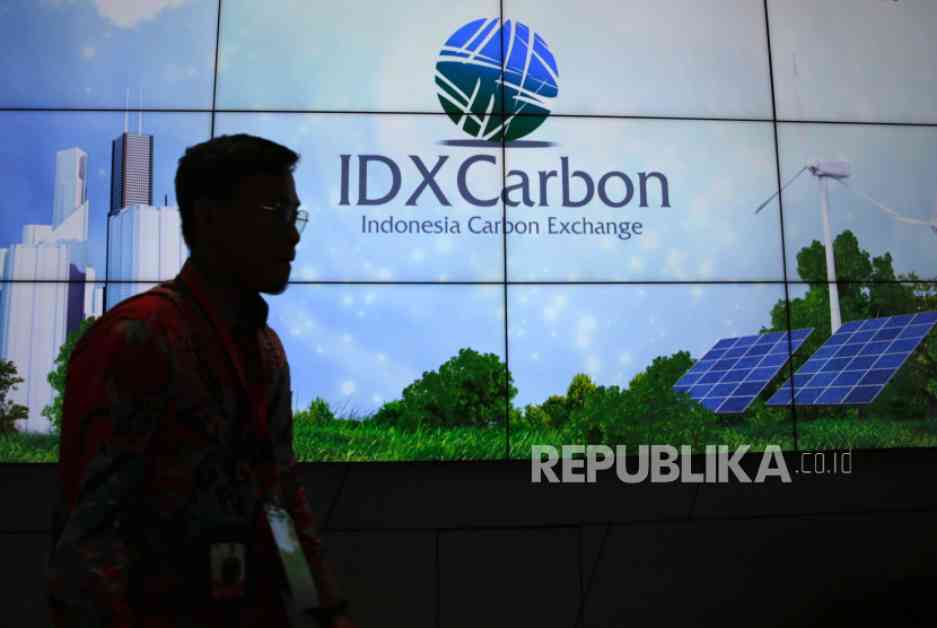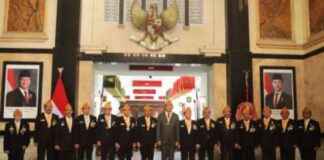Minister of Environment and Forestry Promotes International Carbon Trading
Jakarta – The Ministry of Environment (KLH) is advocating for international carbon trading as a crucial step in addressing climate change. Minister of Environment/Head of the Environmental Control Agency (BPLH) Hanif Faisol Nurofiq emphasized the potential economic opportunities that international carbon trading can offer to businesses and the public during the opening ceremony of the Indonesia Carbon Exchange in Jakarta on Tuesday (26/9/2023).
Through the launch of the carbon trading system, Minister Hanif highlighted Indonesia’s commitment to combatting climate change. With the establishment of the carbon trading mechanism as part of the Carbon Economic Value (NEK) under Presidential Regulation Number 98 of 2021, the government aims to manage emissions reduction effectively.
The Role of the National Climate Change Control Registration System
The National Climate Change Control Registration System (SRN-PPI) will oversee the carbon trading process to ensure transparency and accountability. Emission reduction certificates, known as Greenhouse Gas Emission Reduction Certificates (SPE GRK), will be issued through this system. These certificates signify successful greenhouse gas emission reductions achieved through verified processes, including measurement, reporting, and verification (MRV).
Each issued certificate will be recorded in the SRN-PPI and made accessible to the public, establishing a transparent carbon market. Additionally, the Carbon Exchange managed by the Financial Services Authority (OJK) will record carbon transactions, both domestically and internationally, to monitor and regulate the carbon market effectively.
Upcoming International Carbon Trading Initiatives
International carbon trading is set to commence on January 20, 2025, with four major projects already registered. These projects include gas-fired power plant and mini-hydro power projects owned by PT PLN Indonesia Power and Nusantara Power. These initiatives are expected to generate emission reductions eligible for trading in the international carbon market.
Minister Hanif emphasized that international carbon trading presents Indonesia with an opportunity to make a significant contribution to global climate change mitigation while enhancing the economy through carbon pricing mechanisms.
In conclusion, the implementation of international carbon trading is a crucial step towards sustainable development and environmental protection. By actively participating in carbon trading, Indonesia can showcase its commitment to combat climate change and promote economic growth simultaneously.
This article emphasizes the importance of international carbon trading and the positive impact it can have on both the environment and the economy. It highlights the government’s efforts to create a transparent and accountable carbon market, providing opportunities for businesses and the public to contribute to emissions reduction and sustainable development.














